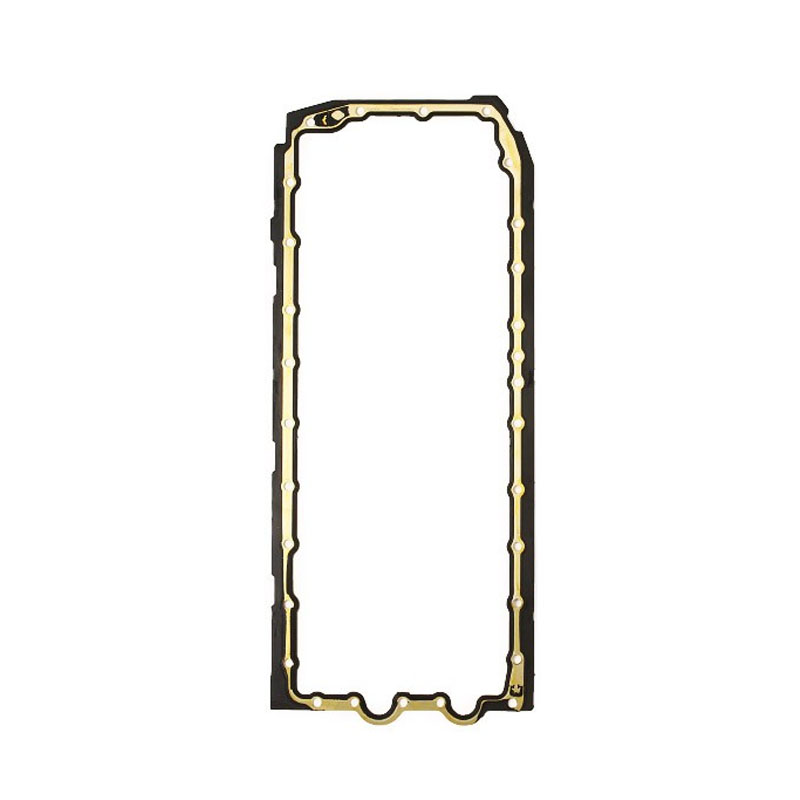Understanding Trailer Wheel Bearing Seals for Optimal Performance and Longevity
Understanding Trailer Wheel Bearing Seals Importance and Maintenance
Trailer wheel bearing seals are vital components in any trailer’s wheel assembly. They play a crucial role in safeguarding the wheel bearings and, by extension, the overall integrity of the trailer itself. The primary function of these seals is to keep lubricant within the bearing assembly while preventing contaminants like dirt, water, and debris from entering. This protective role is essential for the longevity and efficiency of the wheel bearings, making it imperative for trailer owners and operators to understand their significance, how they work, and how to maintain them.
The Function of Wheel Bearing Seals
Trailer wheel bearings are responsible for enabling the wheels to rotate smoothly and support the weight of the trailer. They rely on a lubricant, typically grease or oil, to minimize friction during operation. Wheel bearing seals ensure that this lubricant remains intact and is not lost through leakage. Simultaneously, they act as barriers against external contaminants that could degrade the lubricant quality or directly damage the bearings themselves.
The seal typically consists of a rubber or polymer material engineered to provide a snug fit against the bearing and the axle. This design allows for radial and axial movements while maintaining its sealing capability. Furthermore, the seals are designed to withstand a variety of environmental conditions, including exposure to heat, cold, moisture, and road grime.
Signs of Worn or Damaged Seals
Regular maintenance and inspection of the trailer's wheel bearing seals are necessary to ensure safe and efficient operation. Over time, seals can wear out due to fatigue, material degradation, or environmental factors. Some common signs that indicate potential seal failure include
1. Grease Leakage If you notice grease leaking from the hub, it may indicate a breach in the seal. 2. Contaminated Lubricant When inspecting the grease, any signs of dirt or water can suggest that the seal has failed to keep contaminants out. 3. Noise from the Bearings A grinding or whining noise from the wheel hub can be a precursor to bearing failure, often caused by a compromised seal.
Ignoring these signs can lead to further complications, including complete bearing failure, which could be dangerous and costly
.trailer wheel bearing seals

Maintenance Tips for Wheel Bearing Seals
1. Routine Inspections Make it a habit to visually inspect the wheel bearing seals during regular trailer maintenance or before long trips. Look for any signs of wear or leakage.
2. Grease Quality Check Regularly check the condition of the lubricant within the bearings. If it appears dirty or has lost its consistency, it may require changing to prevent damage.
3. Proper Installation When replacing seals, ensure they are installed correctly. Misalignment can lead to premature failure.
4. Environment Considerations If you frequently drive in harsh conditions, such as on unpaved roads or in wet environments, consider using heavy-duty seals designed for better durability.
5. Replacement Schedule Even if seals seem functional, it is wise to replace them periodically as part of a preventative maintenance schedule, ideally every few years or after a significant mileage increase.
Conclusion
Trailer wheel bearing seals are small components that play a critical role in ensuring the effective and safe operation of your trailer. Proper maintenance and timely replacement can vastly extend the life of the wheel bearings and the trailer itself, ultimately enhancing safety during travel. By staying vigilant for the signs of wear and adhering to regular maintenance schedules, trailer owners can avoid more significant issues down the road and enjoy a safe and smooth journey on their travels. Whether you’re a seasoned trailer user or a newcomer to the towing world, understanding and caring for your wheel bearing seals can make all the difference in your trailer’s performance and reliability.
-
Simplifying Oil Changes: A Comprehensive Guide to Oil Drain Plugs and Their Variants
News Aug.04,2025
-
Mastering Oil Drain Maintenance: Solutions for Stripped, Worn, and Upgraded Oil Plugs
News Aug.04,2025
-
Fixing Oil Pan Plug Issues: Leaks, Stripped Nuts, and the Right Replacement Solutions
News Aug.04,2025
-
Everything You Need to Know About Oil Drain Plugs: Sizes, Fixes, and Upgrades
News Aug.04,2025
-
Choosing the Right Oil Drain Plug: A Guide to Sizes, Materials, and Drain Innovations
News Aug.04,2025
-
A Complete Guide to Automotive Drain Plugs: Types, Problems, and Innovative Solutions
News Aug.04,2025
-
The Ultimate Guide to Car Repair Kits: Tools and Essentials Every Driver Should Own
News Aug.01,2025
Products categories















